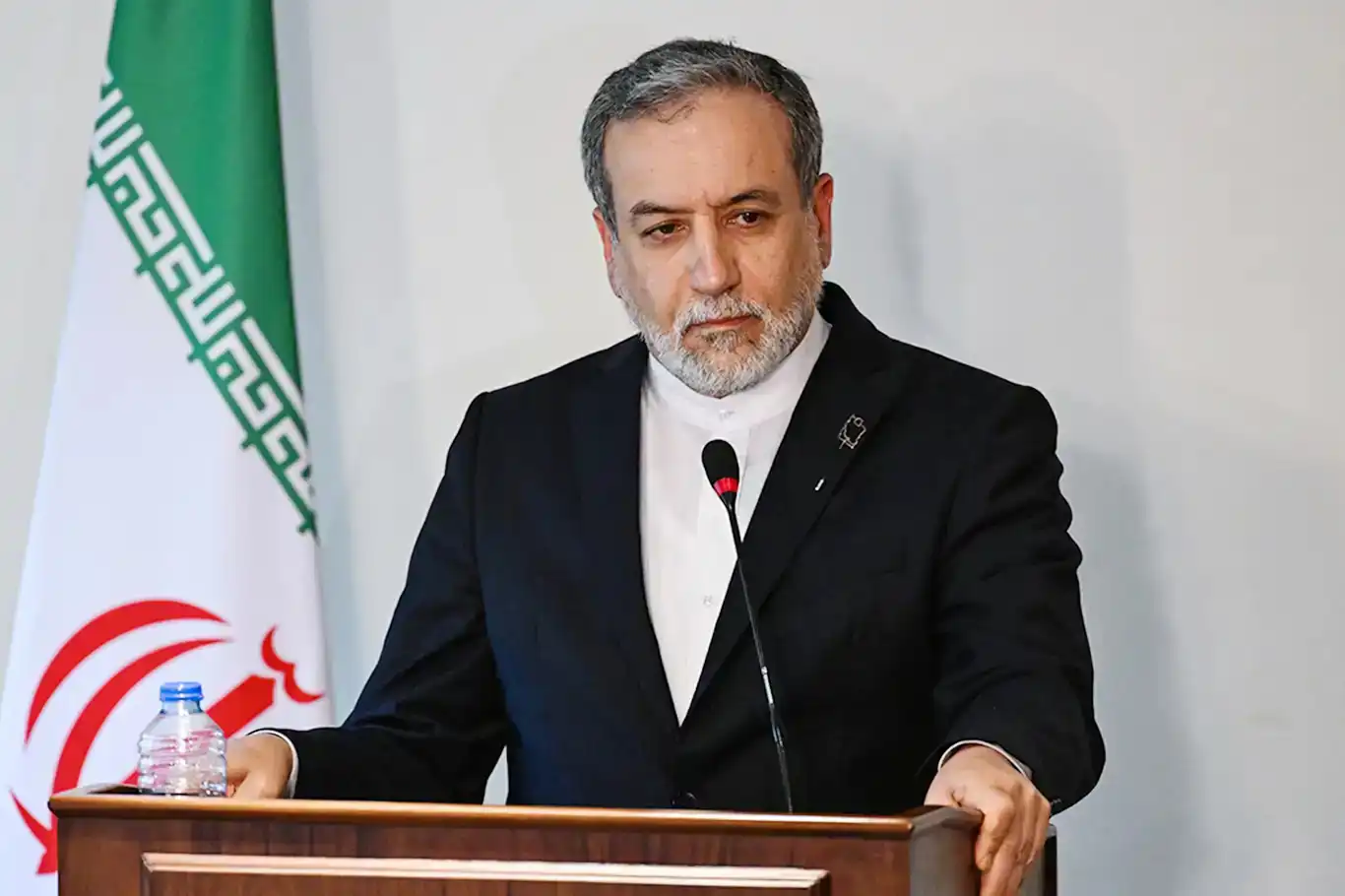Iran blames Israeli regime for sabotaging breakthrough in US talks


Iranian Foreign Minister Abbas Araghchi has sharply condemned the Israeli regime for what he described as a deliberate attempt to sabotage a promising diplomatic process between Tehran and Washington, warning that continued provocations could ignite a region-wide conflict.
In an opinion piece published Tuesday in the Financial Times, Araghchi revealed that five rounds of high-level talks had recently taken place between Iranian officials and US Special Envoy Steve Witkoff. These meetings, he claimed, had produced “more tangible results than years of previous negotiations” and covered a broad range of topics, including uranium enrichment, nuclear safeguards, and long-term economic cooperation.
“We were on the cusp of a historic breakthrough,” Araghchi wrote, describing the talks as the closest the two countries had come to a mutually beneficial agreement in years. He credited both sides, as well as mediators such as Oman, for crafting what he called a “trillion-dollar opportunity” that could have revived struggling US industries and electrified Iran’s economy.
However, Araghchi stated that hopes for progress were destroyed just 48 hours before a scheduled sixth round of negotiations, when the Israeli regime launched what he called an “unprovoked military assault” on Iranian territory.
According to Araghchi, the Israeli assault deliberately targeted civilian infrastructure — including nuclear research facilities, hospitals, homes, prisons, and energy installations — and resulted in the deaths of several Iranian academics and their families.
“This was a profound betrayal of diplomacy,” Araghchi said, accusing Tel Aviv of acting to derail peace efforts. “It was clear proof that Israel prefers conflict over resolution.”
He also rejected Israeli claims that the strikes were necessary to prevent Iran from developing nuclear weapons, noting that Iran remains a signatory to the Non-Proliferation Treaty (NPT) and continues to allow UN monitoring of its nuclear program.
In response to the Israeli attack, Iran retaliated militarily. Araghchi claimed that the Israeli regime ultimately had to turn to former US President Donald Trump to mediate a ceasefire. “Our decision to act responsibly and avoid a full-scale war should not be mistaken for weakness,” he warned. “Iran will defeat any future aggression and expose its full capabilities.”
Araghchi emphasized that it was not Tehran but an “ostensible ally” of Washington that derailed the talks. He accused the United States of being manipulated into violating international law by joining Israel in launching strikes against Iran.
Though he confirmed that Tehran had recently received messages from Washington signaling a willingness to return to negotiations, Araghchi expressed deep skepticism about US intentions. “How can we trust further engagement?” he asked, citing the US’ abrupt withdrawal from the 2015 nuclear deal and its recent military involvement.
“Iranians will never agree to surrender,” he added. “Iran is a millennia-old civilization that has overcome countless invasions and emerged stronger each time.”
In one of the most stinging criticisms of US policy, Araghchi warned that Washington is being “pushed towards a wholly avoidable and unwarranted war” by the Israeli regime. He accused the US of distorting former President Trump’s “America First” doctrine into “Israel First,” at the expense of American interests, lives, and taxpayer money.
“For diplomacy to succeed,” he wrote, “it must be built on mutual respect and cannot survive perpetual sabotage by third parties.”
The Iranian foreign minister urged the US to make a fundamental choice: “Will the US finally choose diplomacy? Or will it remain ensnared in someone else’s war?”
In a related statement on Tuesday, Iranian Foreign Ministry spokesman Saeed Khatibzadeh confirmed that Tehran had received indirect messages from the US expressing interest in resuming nuclear negotiations. However, he cautioned that recent US military actions have severely eroded the trust necessary for meaningful diplomacy.
“Negotiations require a minimum level of trust, and the blatant aggression against Iran has practically left no room for it,” Khatibzadeh said. He noted that both Iran-US and Iran-EU talks were ongoing at the time of the US strike, which he characterized as a serious violation of diplomatic norms.
Despite this, Khatibzadeh reaffirmed that “diplomacy has always been the fundamental principle” of Iranian foreign policy.
According to Iranian sources, several intermediary nations have recently conveyed formal messages from Washington requesting the resumption of discussions on Iran’s nuclear program.
As tensions simmer, the future of Iran-US diplomacy appears fragile — suspended between cautious overtures and the enduring shadow of sabotage. (ILKHA)
LEGAL WARNING: All rights of the published news, photos and videos are reserved by İlke Haber Ajansı Basın Yayın San. Trade A.Ş. Under no circumstances can all or part of the news, photos and videos be used without a written contract or subscription.
Gaza’s largest medical facility, Al-Shifa Hospital, is facing a catastrophic breakdown as a complete power outage caused by Israel’s ongoing fuel blockade has plunged the already overburdened hospital into darkness, placing the lives of hundreds of patients in immediate danger.
Gaza’s largest medical facility, Al-Shifa Hospital, is facing a catastrophic breakdown as a complete power outage caused by Israel’s ongoing fuel blockade has plunged the already overburdened hospital into darkness, placing the lives of hundreds of patients in immediate danger.
At least one person was killed and several others injured late Tuesday in violent clashes between security forces aligned with the Kurdistan Democratic Party (KDP) and members of the Herki tribe in the Khabat district of Erbil province, according to local sources.
The United Nations Office for the Coordination of Humanitarian Affairs (OCHA) has issued an urgent warning of a rapidly deteriorating humanitarian crisis in the Gaza Strip, driven by relentless Israeli airstrikes and a critical fuel shortage.